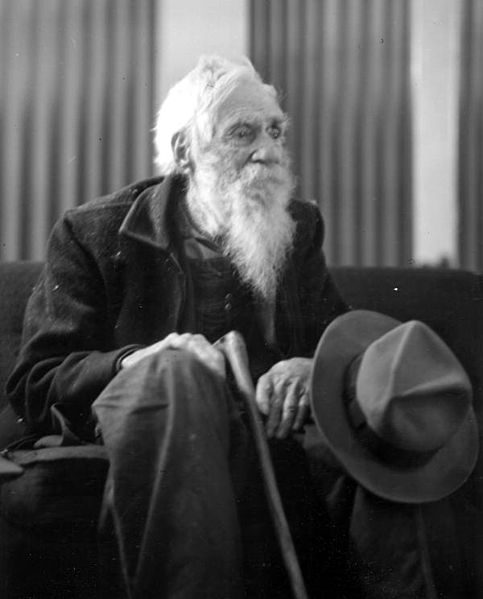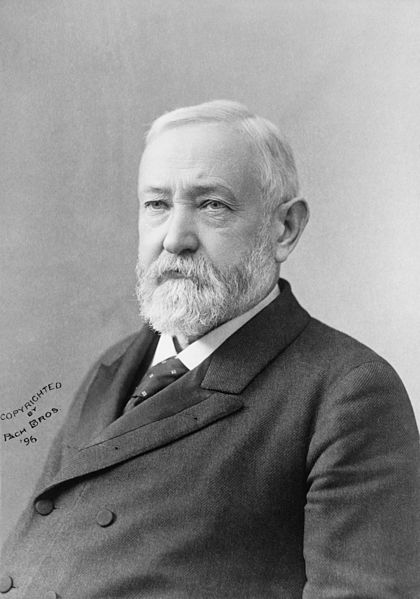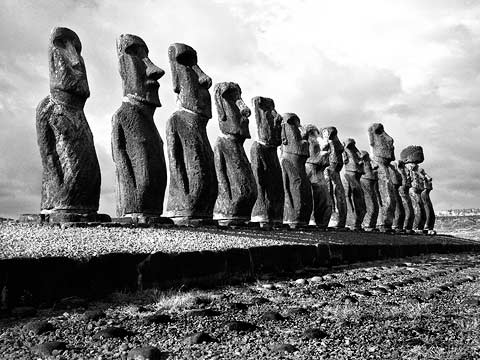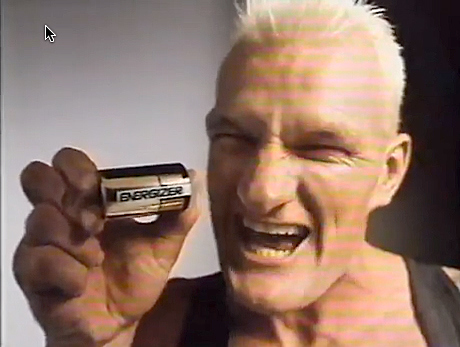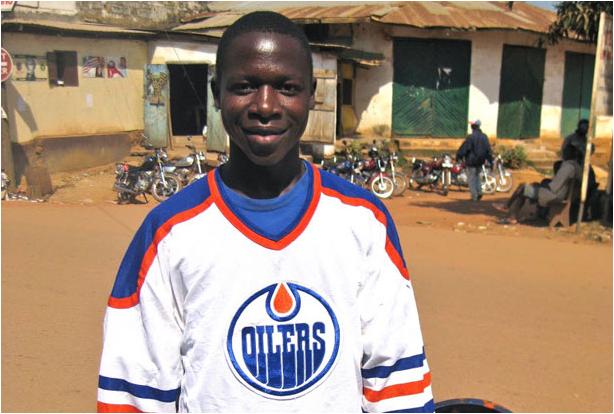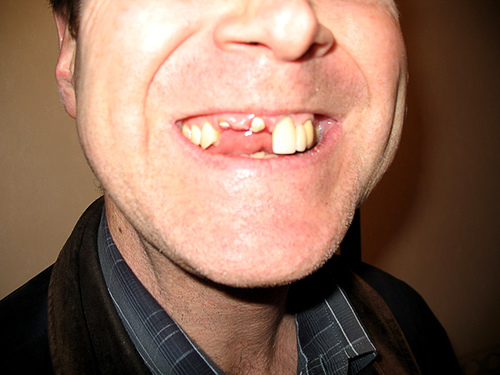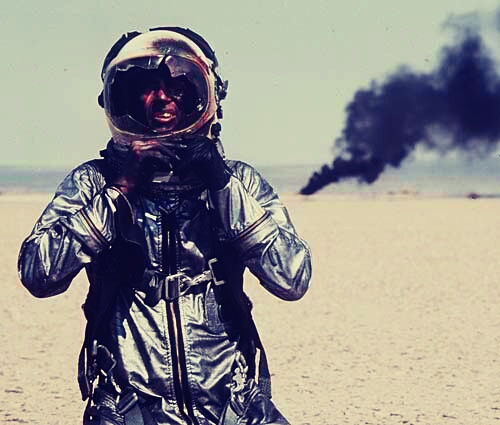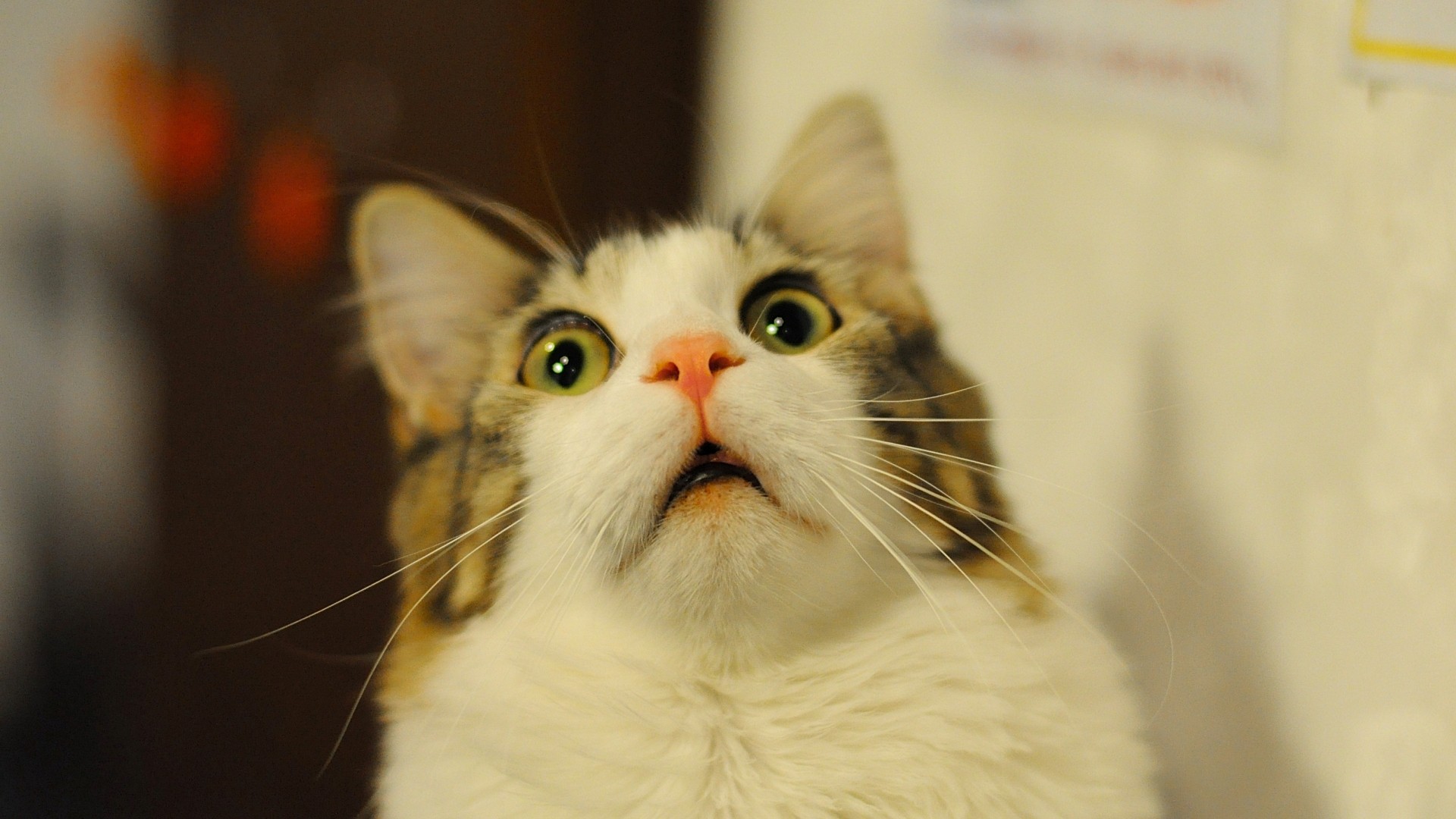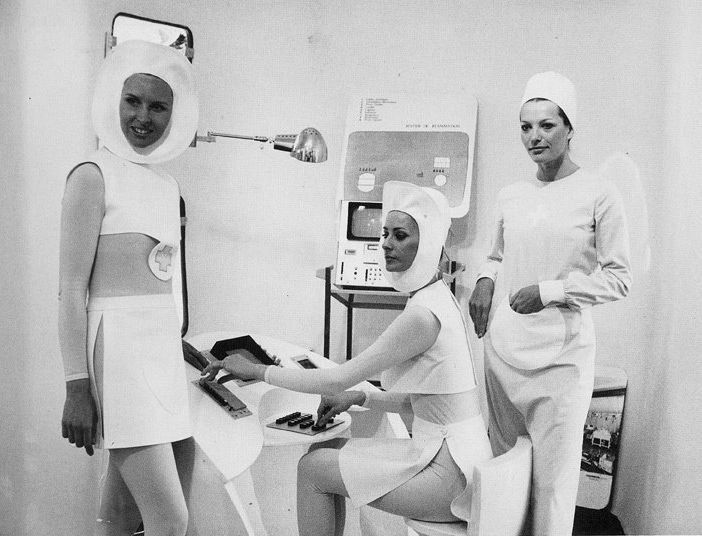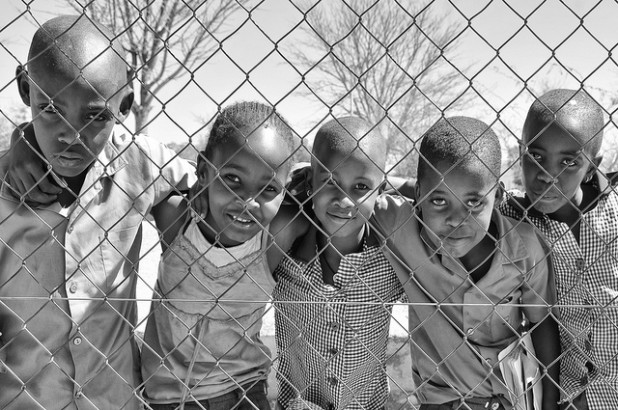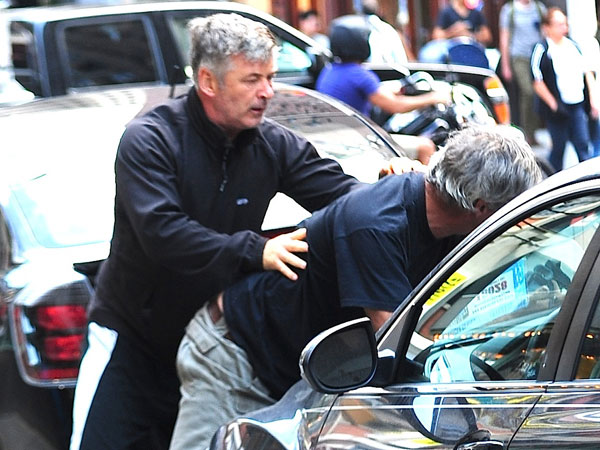
Trying to repair her image, Paula Deen said this week she doesn’t think she’s better than any American, including that tall butler who works at the White House.
- Old Print Articles: President Benjamin Harrison happened upon his father’s stolen corpse (1910) + Mind reader to be buried in a grave for awhile or, more likely, permanently (1893) + Grieving father digs up son’s coffin to check the quality of lumber (1882).
- Recently Posted on NYC’s Craigslist: Sort of a prostitute, sort of a hostage + Definitely a prostitute or definitely a kidney donor + Grandpa is going to get gonorrhea.
- Timothy Wu thinks technological ease is a threat to us, though I disagree.
- Ethical Philosopher Peter Singer answered many questions at Gawker.
- Elizabeth Kolbert believes humans are causing the sixth great extinction.
- Cornell economist Robert Frank considers smoking bans and carbon taxes.
- Unsurprisingly, Google’s Ray Kurzweil predicts the future.
- Harvard geneticist George Church thinks we can defeat death.
- Cancer clusters and baseball hitting streaks can be just coincidences.
- Two new reports about drone development.
- Soldiers love, truly love, their new weapons.
- As Cosmos reboots, a look back at the original host, Carl Sagan.
- Genetic engineering of humans creates risk along with great rewards.
- A journalist trained in the isolation of a simulated NASA Mars mission.
- It’s impossible to control private or classified information anymore.
- Elon Musk is building the biggest battery factory in the world.
- Harold Ramis, best screenwriter of his generation, passed away.
- Megarich people want to build colonies in space.
- Computational models may even be able to forecast evolutionary changes.
- Many NYC reporters are more focused on non-scandals than Hurricane Sandy.
- Even knowledge of our biases doesn’t prevent us from being biased.
- A bluetooth toothbrush can report your brushing patterns to your dentist.
- With little practice, you may be able to read 1,000 words per minute.
- Searching for the source of savant skills.
- The urban beehive will produce honey inside your apartment.
- Second-hand clothing sold in Africa has unintended consequences.
- A brief note from 1904 about neighbors.
- A brief note from 1892 about a good laugh.
- This week’s Afflictor keyphrase searches.




